The present essay is an extended study of the axial lines of Amorim de Carvalho's (1904-1976) philosophical-pedagogical thought, which is aggregated in the fields of anthropology, ethics, aesthetics, religion and Portuguese thought. Inserted in the tradition of positivist scientism, Amorim tries to keep his reflection - although not always successful - in the field of matter and away from the data of the spirit, even though his main work, in this dimension of his thought, is the doctoral thesis presented to the Sorbonne in 1970, assessed by Étienne Souriau (1892-1979) and Mikel Dufréne (1910-1995) and edited under the title De la connaissance en général à la connaissance esthétique (1973).
Bitte wählen Sie Ihr Anliegen aus.
Rechnungen
Retourenschein anfordern
Bestellstatus
Storno

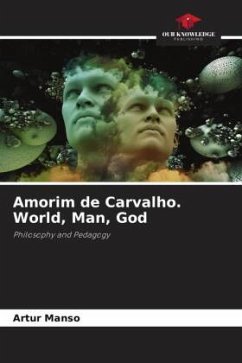
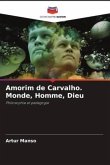
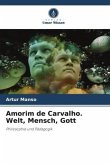
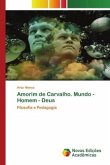
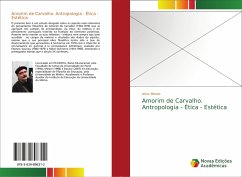
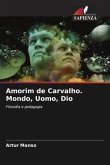
![PHILOSOPHICAL ANALYSES [Vol. II - Part.1] PHILOSOPHICAL ANALYSES [Vol. II - Part.1]](https://bilder.buecher.de/produkte/67/67498/67498290m.jpg)
![PHILOSOPHICAL ANALYSES [VOL. I] PHILOSOPHICAL ANALYSES [VOL. I]](https://bilder.buecher.de/produkte/67/67419/67419058m.jpg)